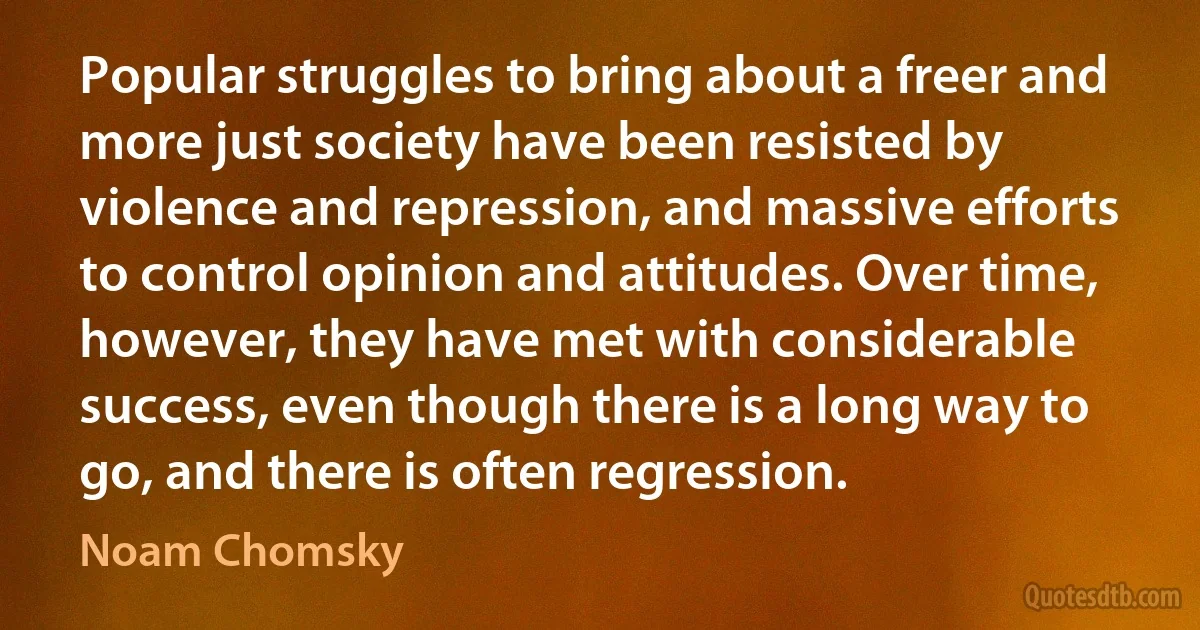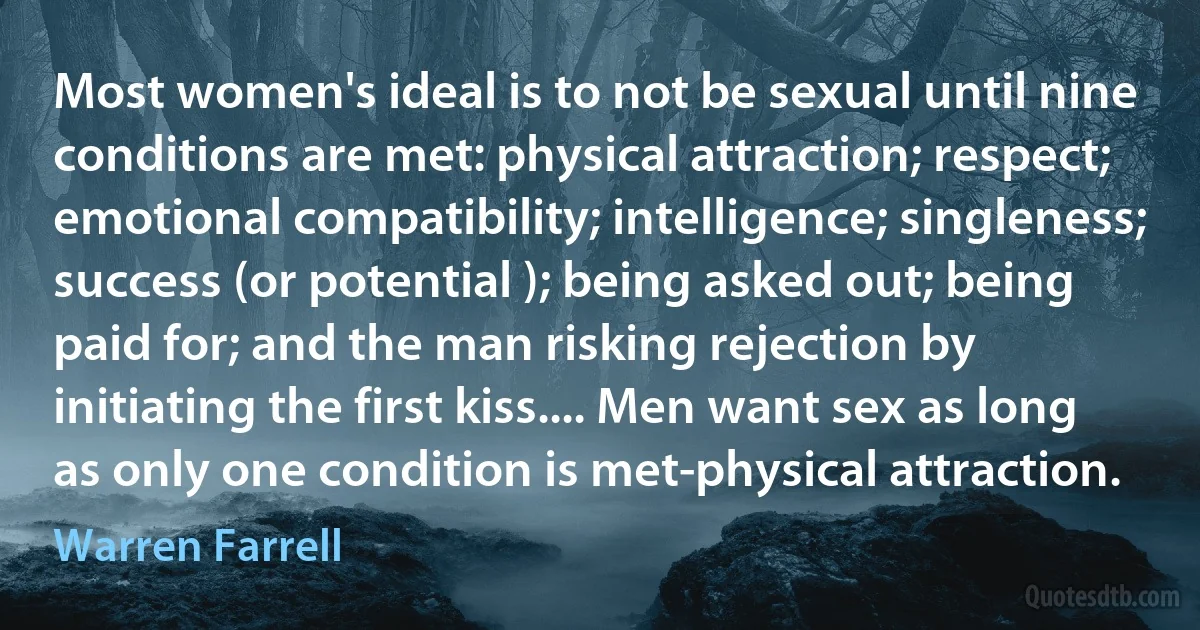Met Quotes - page 84
Promise me,” he said, "that you'll say nothing, and if something happens to me, you'll always honor our parents.” I swallowed. He was scaring me. "Look,” he continued, "I've met a lot of rich kids and their parents at the Academy, and I'll tell you, there are no parents that I'm prouder to have as my father and mother than ours. They rose up with nothing, Mundo, except guts and faith and love. Do you understand?” I shook my head. "No, I don't,” I said. He licked his lips. He seemed to be licking his lips all the time now. "You will,” he said. "You just pay close attention, and you will.

Victor Villaseñor
I myself have not met a self‐confessed liberal since the late fifties (and even then it was a tacky thing to admit, like coming from the middle class or the Middle West, those two gloomy seedbeds of talent), yet hardly a day passes that I don't read another attack on the "typical liberal” - as it might be announcing a pest of dinosaurs or a plague of unicorns.

Wilfrid Sheed
Her cheeks were flushed. She caught hold of the Savage's arm and pressed it, limp, against her side. He looked down at her for a moment, pale, pained, desiring, and ashamed of his desire. He was not worthy, not... Their eyes for a moment met. What treasures hers promised! A queen's ransom of temperament. Hastily he looked away, disengaged his imprisoned arm. He was obscurely terrified lest she should cease to be something he could feel himself unworthy of.

Aldous Huxley
Man is free; yet we must not suppose that he is at liberty to do everything he pleases, for he becomes a slave the moment he allows his actions to be ruled by passion. The man who has sufficient power over himself to wait until his nature has recovered its even balance is the truly wise man, but such beings are seldom met with.

Giacomo Casanova
I have often met with happiness after some imprudent step which ought to have brought ruin upon me, and although passing a vote of censure upon myself I would thank God for his mercy. But, by way of compensation, dire misfortune has befallen me in consequence of actions prompted by the most cautious wisdom. This would humble me; yet conscious that I had acted rightly I would easily derive comfort from that conviction.

Giacomo Casanova
William Penn, when only fifteen years of age, chanced to meet a Quaker in Oxford, where he was then following his studies. This Quaker made a proselyte of him; and our young man, being naturally sprightly and eloquent, having a very winning aspect and engaging carriage, soon gained over some of his companions and intimates, and in a short time formed a society of young Quakers, who met at his house; so that at the age of sixteen he found himself at the head of a sect. Having left college, at his return home to the vice-admiral, his father, instead of kneeling to ask his blessing, as is the custom with the English, he went up to him with his hat on, and accosted him thus: "Friend, I am glad to see thee in good health."

Voltaire
Now we are engaged in a great civil war, testing whether that nation, or any nation so conceived and so dedicated, can long endure. We are met on a great battle-field of that war. We have come to dedicate a portion of that field, as a final resting place for those who here gave their lives that that nation might live. It is altogether fitting and proper that we should do this.

Abraham Lincoln
I've never met a person who does not want a safer world, better medical care and education for their children, and peace with their neighbours. I just don't meet those people. What I meet, over and over again, as I travel around, is that the essential human condition is optimistic - in every one of these places.

Eric Schmidt
Greek tragedy met her death in a different way from all the older sister arts: she died tragically by her own hand, after irresolvable conflicts, while the others died happy and peaceful at an advanced age. If a painless death, leaving behind beautiful progeny, is the sign of a happy natural state, then the endings of the other arts show us the example of just such a happy natural state: they sink slowly, and with their dying eyes they behold their fairer offspring, who lift up their heads in bold impatience. The death of Greek tragedy, on the other hand, left a great void whose effects were felt profoundly, far and wide; as once Greek sailors in Tiberius' time heard the distressing cry 'the god Pan is dead' issuing from a lonely island, now, throughout the Hellenic world, this cry resounded like an agonized lament: 'Tragedy is dead! Poetry itself died with it! Away, away with you, puny, stunted imitators! Away with you to Hades, and eat your fill of the old masters' crumbs!'

Friedrich Nietzsche



